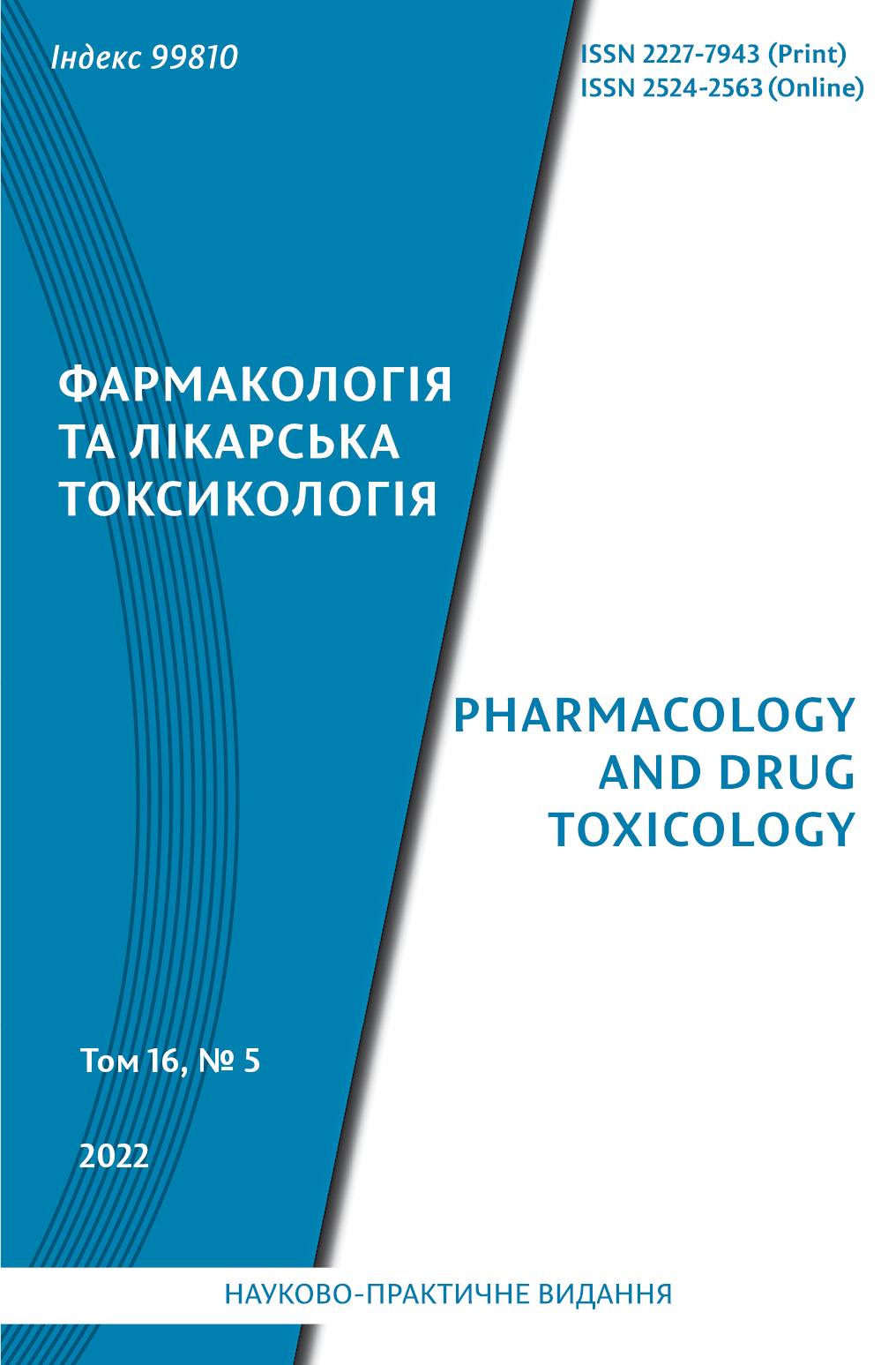Abstract
In the pharmaceutical industry, inductively coupled plasma atomic emission spectrometry (ICP-AES) is used to determine the metal content in medicinal raw materials, substances and finished dosage forms, herbal remedies, dietary supplements and glass containers. A significant amount of inorganic acids (usu- ally nitric and hydrochloric acids) is necessary for tests (sample preparation and analysis) by ICP-AES.
The aim of the study was to determine the residual content of metals (As, Cd, Pb, Fe, Cu, Zn) in solu- tions of hydrochloric and nitric acids (qualifications «extra pure» and «analytical grade») used for testing by ICP-AES. The rationale for opportunities to use the solutions of commercially available acids (qualification «analytical grade») for analysis by ICP-AES.
Using the ICP-AES method, it was found that the concentration of impurities (As, Cd, Pb, Сu) in dilute 1 % hydrochloric and 1 % nitric acids of analytical grade usually less than the instrument's detection limit. In the case of a slight excess of impurity concentrations (Fe, Zn) in blank, standard and test solutions, it is automatically taken into account and compensated by the instrument. If necessary, solutions with lower concentrations of acids (0,1–0,5 %) may be used.
In general, it's possible to use diluted 1 % hydrochloric and 1 % nitric acid of «analytical grade» qualifi- cation for determination of quantitative content of As, Cd, Pb, Fe, Cu, Zn by ICP-AES.
